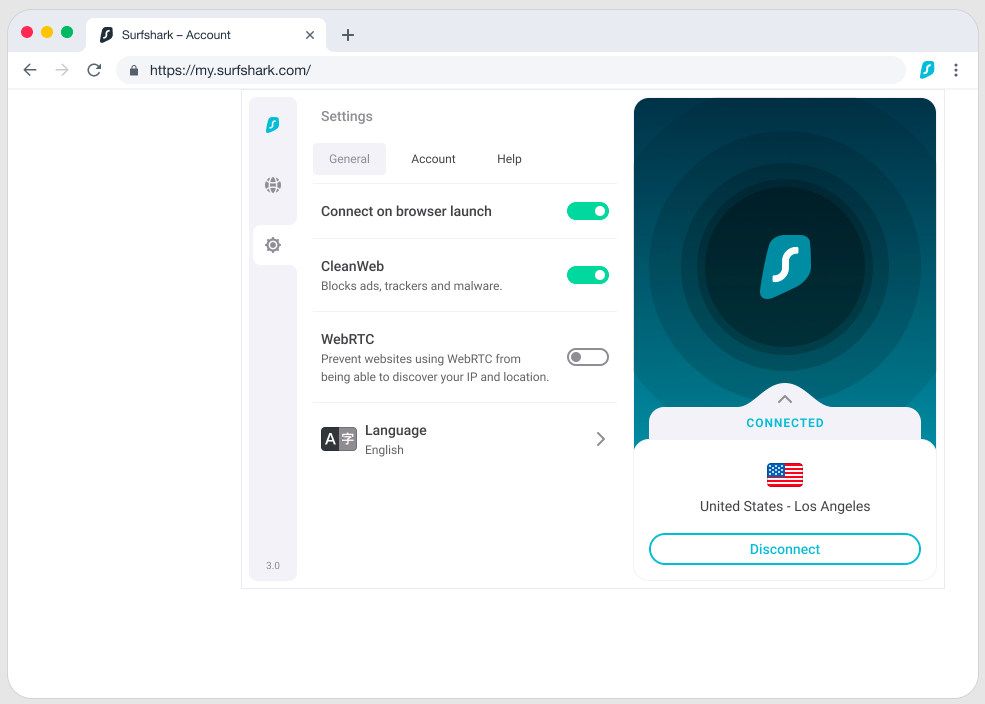If you like to take pictures throughout your day to let people know what you are doing or create memories for yourself in the future then you probably have encountered a message in your phone that your storage is full. Some people then go and delete pictures that they like or they cough up a few bucks to iCloud storage every month so they can hold those memories. When you do get around to using the iCloud for you pictures how do you know they are safe? In the past their have been leaks of Explicit pictures from celebrities that were retrieved from their iCloud account. Here are some things good and bad about iCloud.
What iCloud does to keep your phots safe
End to End encryption: iCloud uses End-to-End encryption to protect all data traveling between it’s servers and to your phone. In End-to-End Encryption, the encryption and decryption keys are managed by the users themselves, not by the service provider. This means that even the service provider cannot access the unencrypted data, as they don’t have access to the necessary keys.
Two-Factor Authentication (2FA): iCloud encourages users to enable two-factor authentication, which adds an extra layer of security to your account. This means that even if someone gains access to your password, they would still need a second verification method (such as a trusted device) to access your iCloud data.
Secure Data Centers: Apple’s data centers are designed with strong physical security measures to prevent unauthorized access. These data centers are equipped with advanced security systems, including biometric access controls, surveillance, and more.
Full Deletion: When a photo is deleted on your phone or in the iCloud it is held for 30 days in the “Recently deleted” folder. After 30 days its is fully deleted from any server and device. It is not saved or kept on server without you knowing like some-other companies like this example here.
Trusted Device Management: iCloud allows you to manage which devices are trusted and can access your account. If you lose a trusted device, you can remotely remove its access to your iCloud account.
Backup and Redundancy: iCloud’s infrastructure includes redundancy and backup mechanisms to prevent data loss in case of hardware failures or other technical issues.
These are some great benefits for cloud storage and can leave you feeling secure. But there is always draw backs when you give your personal data, information to a company. There is many ways It can go wrong.
How the iCloud is not safe
- Privacy Issues: While Apple emphasizes user privacy, no system is completely immune to potential breaches. Some users worry about the potential for unauthorized access to their data, even though iCloud uses encryption to protect user information.
- Data Breaches: Like any online service, iCloud could potentially be vulnerable to hacking attempts or data breaches, which might result in sensitive user information being exposed.
- Account Compromises: If an attacker gains access to your iCloud account, they could potentially access your stored data. This is why strong passwords, two-factor authentication, and other security measures are crucial.
- Service Outages: iCloud, like any online service, could experience outages or disruptions. This might temporarily prevent users from accessing their data, which could be problematic if the service is relied upon for critical information.
- Third-Party Access: Some concerns have been raised about third-party apps or services that have access to iCloud data. While Apple has policies in place to protect user data, there’s always a possibility of data mishandling by these third parties.
- Limited Control: Users might feel that they have limited control over their data when it’s stored in the cloud. The management and organization of files might not be as intuitive or customizable as with local storage.
- Platform Lock-in: iCloud services are tailored for Apple devices, which can be a drawback for users who want more cross-platform compatibility or who are concerned about being tied to a specific ecosystem.
- Cost: While iCloud offers a limited amount of free storage, additional storage comes at a cost. Some users might find the pricing for extra storage to be less competitive compared to other cloud storage providers

